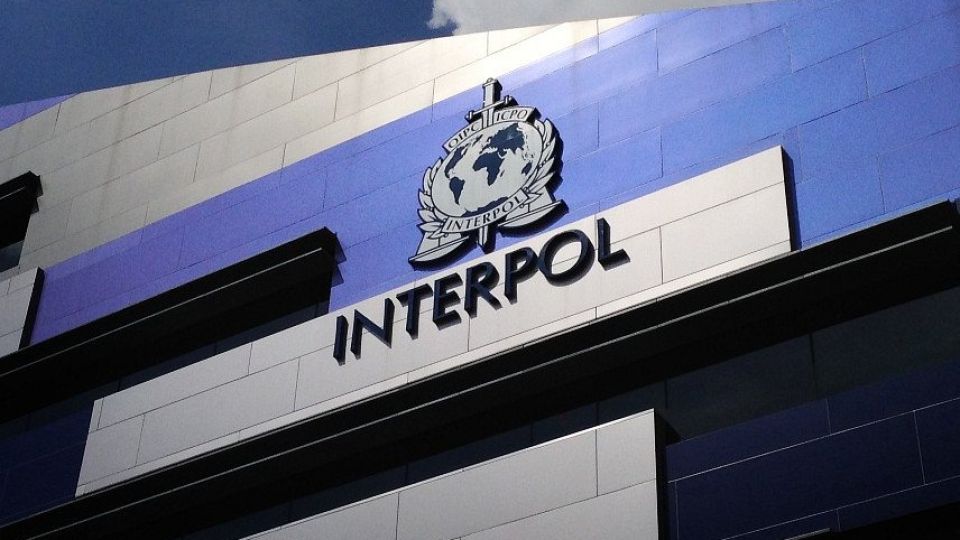November 27, 2024
SINGAPORE – A global operation by Interpol uncovered dozens of cases that saw people being trafficked and forced to work in scam centres to cheat others.
Interpol said this marked a shift from traditional trafficking patterns, where human exploitation was the sole criminal objective.
Scam syndicates currently lure victims with false promises of employment and keep them at scam centres through intimidation and abuse.
Interpol said on Nov 6 that it rescued 3,222 potential human-trafficking victims following its largest operation, called Operation Liberterra II, against people smuggling from Sept 29 to Oct 4.
It was carried out across 116 countries and territories, with 2,517 arrests made. Over 800 of the arrests were on human-trafficking or migrant-smuggling charges.
Interpol and the Singapore Police Force confirmed that Singapore was a participating country in Operation Liberterra II but did not provide details on the Republic’s involvement.
Interpol said that targeting online scam centres using human-trafficking victims has been an operational priority since it warned its member countries, including Singapore, of this global trend.
In Singapore, more than $2.7 billion has been lost to scams since 2019, with victims losing a record of more than $385.6 million in the first half of 2024.
Mr Jurgen Stock, Interpol’s secretary-general, said that in their relentless pursuit of profit, organised crime groups continue to exploit men, women and children, often numerous times.
He said: “While still preliminary, the results of this operation highlight the vast scale of the challenge facing law enforcement, underscoring that only coordinated action can counteract these threats.”
Over 17,700 irregular migrants, who crossed international borders without official permission from the authorities, were also identified during the operation.
The authorities around the world conducted police raids, reinforced strategic border points, monitored nearly 24,000 flights and deployed officers to known trafficking and smuggling hot spots, said Interpol.
Globally, nearly eight million checks were carried out against Interpol’s databases, as operational coordination units were set up in Argentina, Senegal, the Philippines and North Macedonia to assess intelligence and facilitate cooperation between countries.
In the Philippines, officers raided a warehouse where more than 250 people, mostly Chinese nationals, were running romance scams on an industrial scale, said Interpol.
Scam syndicates have been known to target residents in Singapore.
In June, two men who had been targeting Singaporeans in malware scams were arrested and extradited from Malaysia.
The men, aged 26 and 47, had allegedly operated servers to infect Android mobile phones with a malicious app, and later controlled the phones.
Separately, another global Interpol operation took down over 22,000 malicious IP addresses or servers linked to cyber threats.
The operation, which ran from April to August, targeted criminals involved in phishing and ransomware, leading to the arrests of 41 individuals, with 65 others under investigation.
Of the approximately 30,000 suspicious IP addresses identified, 76 per cent were taken down and 59 servers were seized.
Mr Neal Jetton, Interpol’s director of the cybercrime directorate, said the global nature of cybercrime calls for an international response.
He added: “Together, we’ve not only dismantled malicious infrastructure but also prevented hundreds of thousands of potential victims from falling prey to cybercrime.”


